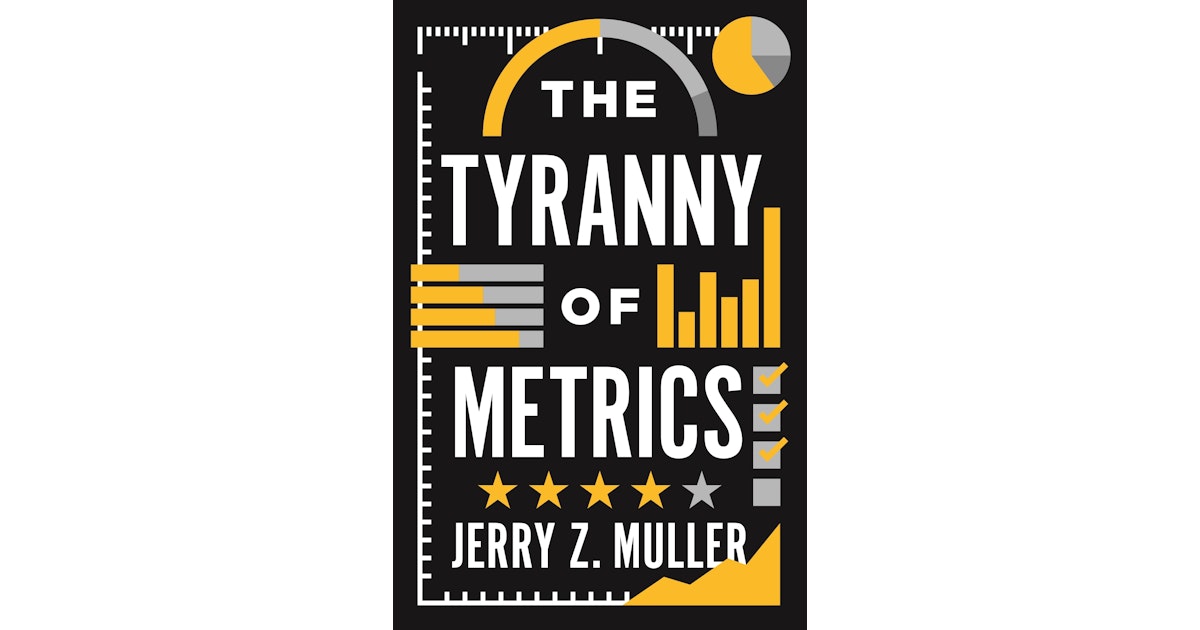In this case, because of how it seems like it was approached (i.e., the focus was changed without telling folks ahead of time), it could be. But if psychologists are seeing the same numbers of patients while teleworking that they would in the office, the wRVUs should be the same.
Also, if the grids are filled the way they're scheduled and clinic utilization is acceptable, wRVUs should fall in line. If they don't, it means either the clinics/grids weren't built correctly in the first place (generally not the psychologists' fault), or the psychologists aren't using encounter codes properly (which also could reflect an area that leadership should have addressed ahead of time via employee education).
As a very, very simplified example, assuming 48 working weeks a year of 4 days each week (trying to factor in vacation, no-shows and cancellations, etc.) and assuming a psychologist is only offering 90834 at 2.0 wRVUs, that's right under 6 patients/day. In terms of reimbursement, that (i.e., 6 patients/day, 4 days/week, 48 weeks/year) works out to right under $110k at 2020 Medicare rates. Assuming all my math is right. RVUs are the same for telehealth as for in-person visits.

press.princeton.edu

